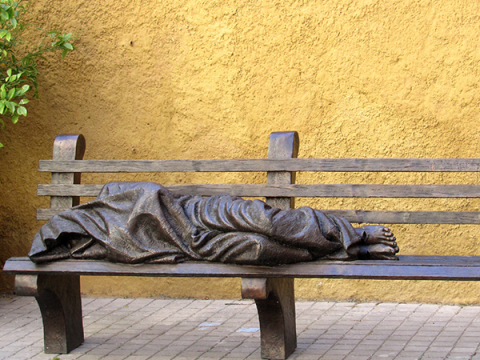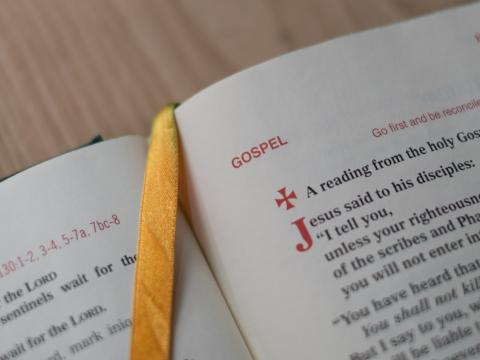A Memorable Summer in the Arctic
My name is Grace, and I am in my third year of the MDiv program. During my undergraduate years, I was involved in campus ministry and that was when I became interested in theological studies and enrolled at Wycliffe College. After two years of working with a ministry that seemed unfruitful – and a mismatch for me – I felt discouraged.
Read more














